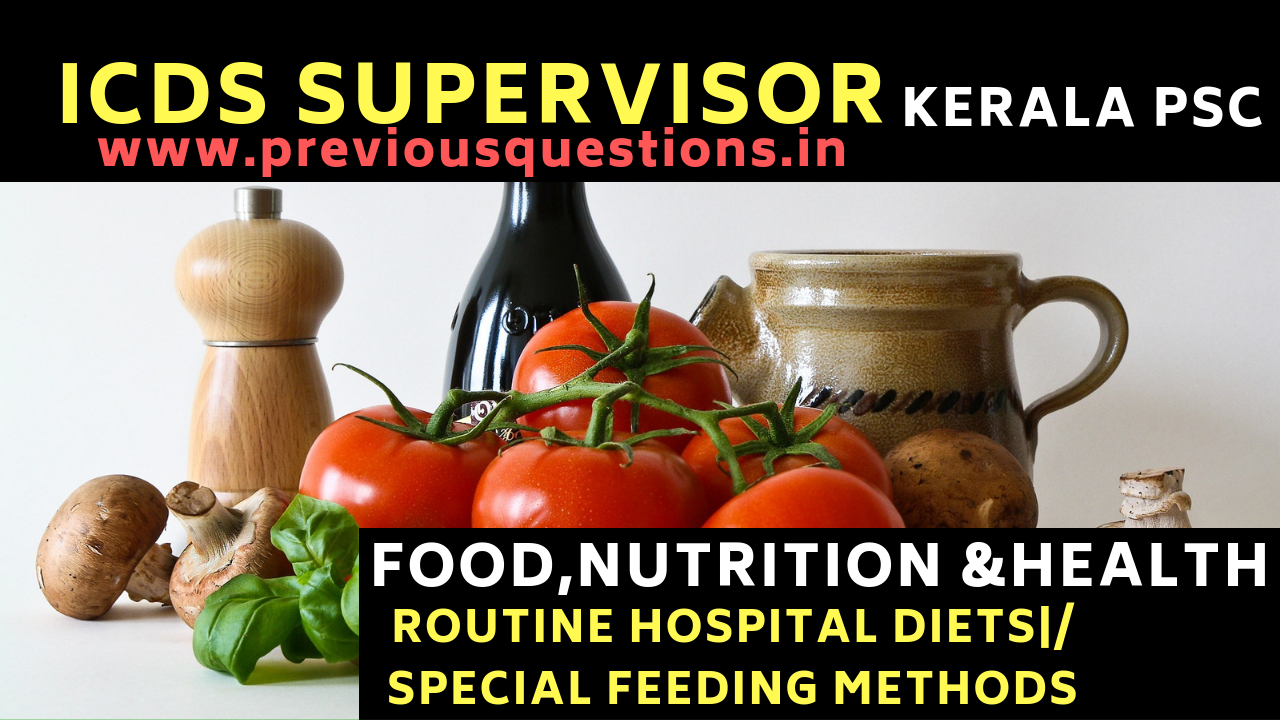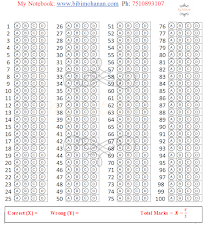ICDS Supervisor Exam Kerala PSC |Diet in Different Diseases|ICDS Supervisor Study Materials
ICDS Supervisor Study Materials
Diet in Different Diseases part 1
3. Diarrhoea
4. Liver Diseases
5. Heart Diseases
- High calorie intake
- High saturated fat and cholesterol intake.
- Increased level of cholesterol in blood.
- Sedentary life.
- Stress and strain.
Check These also
Read Also:
ICDS Supervisor Questions and Answers
Common Health Problems in India & Different Levels of Health care in India
1. Meal Planning for the Infant
2. Spplementary foods for Infants
4. How to Feed Infant? Meal Plan for Infants
5. Meal Planning for the Prechoolers
Topic wise Notes for ICDS Supervisor Exam
3. Psychology
4. Physiology
5. Microbiology
6. Sociology
MCQ Questions & Answers for ICDS Supervisor
2. Previous Questions MCQ|ICDS Supervisor Exam|ICDS Supervisor Kerala PSC (1-20)
3. Previous Questions MCQ|ICDS Supervisor Exam|ICDS Supervisor Kerala PSC (21-30)
13. ICDS Supervisor Previous Questions Set 1
14. ICDS Supervisor Previous Questions Set 2
15. ICDS Supervisor Previous Questions Set 3
16. ICDS Supervisor Previous Questions Set 4
17. ICDS Supervisor Previous Questions Set 5
18. ICDS Supervisor Previous Questions Set 6
19. ICDS Supervisor Previous Questions Set 7
20. ICDS Supervisor Previous Questions Set 8
21. ICDS Supervisor Previous Questions Set 1
22. Elementary Care & Education MCQ
23. Solved Previous Question Paper ICDS Supervisor
24. Women & Child ICDS Supervisor Exam
25. Extension Education Notes for ICDS Supervisor
26. Complete NOTES Child Psychology
Nutrition Notes
More Topic wise Notes can be got from the Website https://www.previousquestions.in
To Join Telegram, Click Here
Check These also
Job News
Exam Preparation
Download printable OMR Sheet PDF for practice
ബിഹേവിയറിസം
ഗസ്റ്റാള്ട്ടിസം Gestaltism Learning methods
ജ്ഞാതൃവ്യവഹാരവാദം ( Cognitive behaviorism)
ജ്ഞാതൃവാദം (Cognitivism)
നാഡീമന:ശാസ്ത്രം (neuropsychology)|പഠനത്തെ സ്വാധീനിക്കുന്ന ഘടകങ്ങള്
വ്യക്തിത്വം Personality
PART 2 ഉള്പ്പെടുത്തിയുളള വിദ്യാഭ്യാസം Inclusive education
ദിനാചരണങ്ങള് Important dates based on themes
Job News
Exam Preparation











![[Set 3] MCQ for ICDS Supervisor Exam|ICDS Supervisor Kerala PSC](https://blogger.googleusercontent.com/img/b/R29vZ2xl/AVvXsEirmpde6UGlx94eDLtWkrJ18PAc_d8GVw_K-4E1izTltkjugPJEyBVplbm_S85f0gxNowfcbT6afCPnAjTF0_TKYK9Lq7zm1fnQU-TPsKEosx0opg5d05b-nry5qBPrKUZMoVD7BOFpW-5jxoAlMCTysmHKi30ieam3tPtA_ohH_Z5D2Uu1PPxt-qZ38wY/s72-c/icds-supervisor-mcq.jpg)
